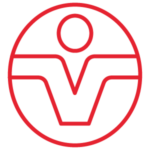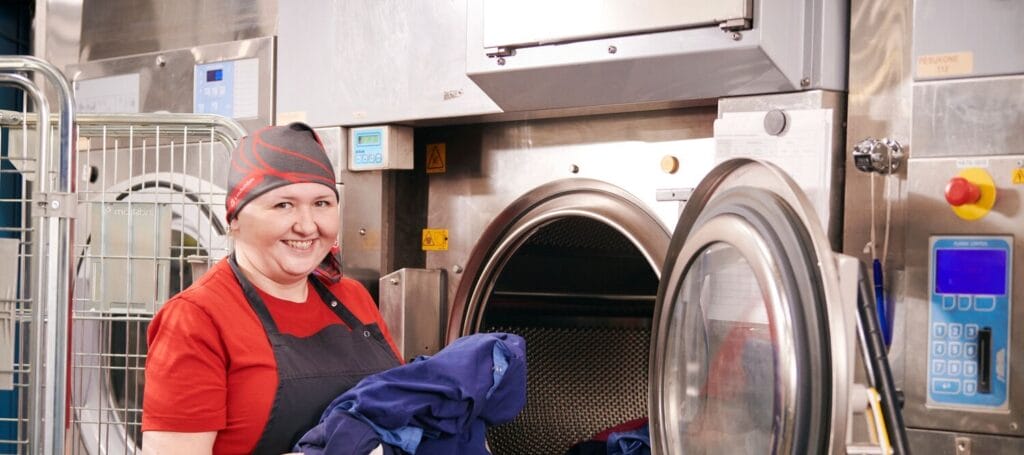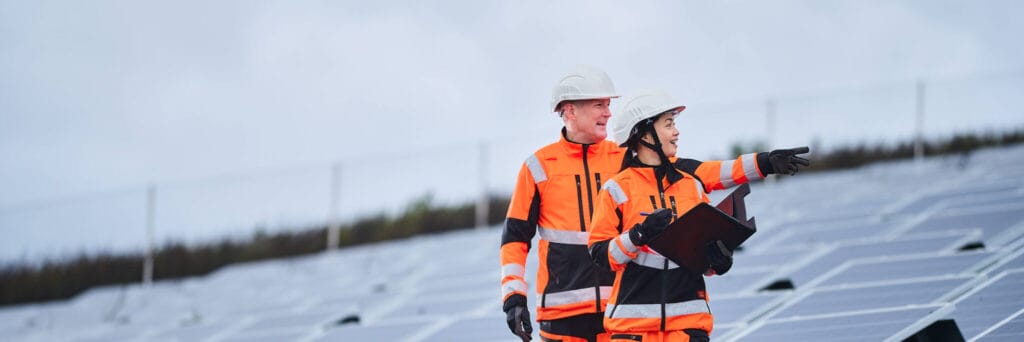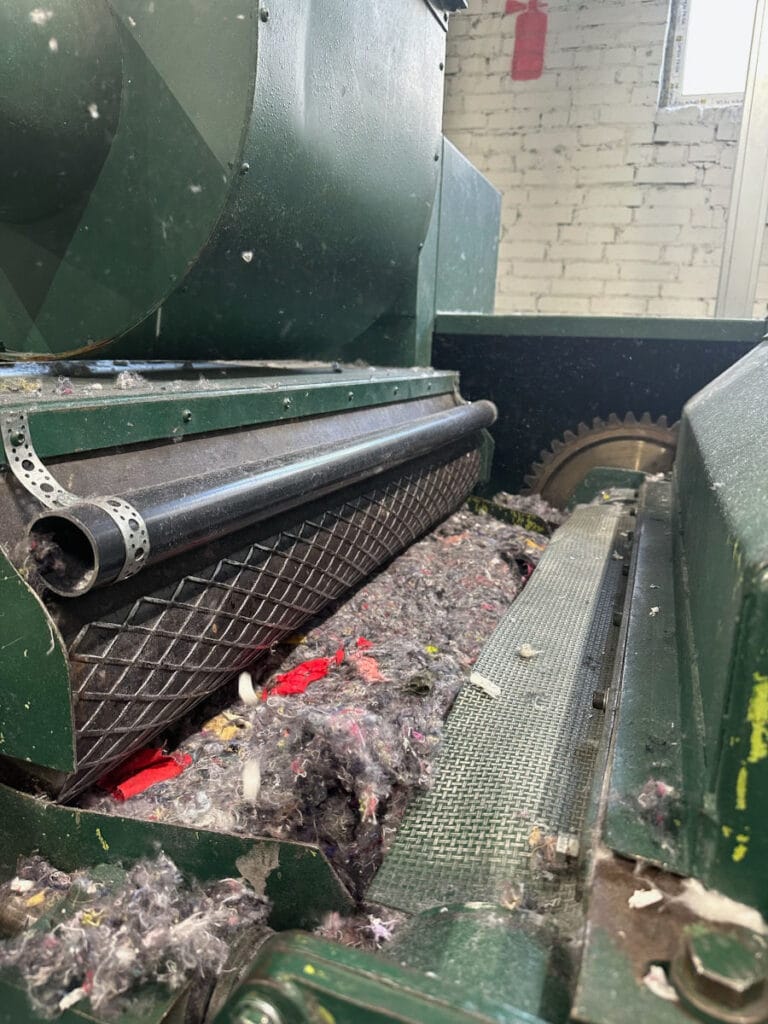
Becoming the most sustainable company in the industry
In Strategy 2025 Lindström has set itself an ambitious goal: to become the most sustainable company in the industry. We want to help our customers become more sustainable and meet their own sustainability targets, and this begins by meeting – and even succeeding in – our own.
We believe that a successful company can only operate in one way – sustainably. And that is why it is systematically linked to all of our operations and management.
The expectations towards sustainability, however, vary from one country and culture to another. This is also the case in all 24 countries in Europe and Asia where Lindström operates. Despite the differences with regard to legal demands and general local conditions or expectations towards sustainability, we always act responsibly wherever we are.
Four areas of sustainability work
The focus areas of our sustainability work are Care for people, Care for the planet, and Supporting our customers to prosper in a sustainable way by providing sustainable products and solutions. We strive to be the most sustainable company in our industry.
We want to use natural resources wisely. We support our customers to meet their environmental targets. They can be confident that our services are responsibly sourced and that we operate efficiently. In addition, we take care of garments and extend their life cycles to be as long as possible. In the future, the focus will be on further developing our sustainability and sourcing, as well as on carefully studying the environmental impacts of our supply chain. During 2020, we will define our new targets for improved recyclability of textiles and reducing waste generated in our operations.
Raising the bar for the whole industry
A closer look at the textile industry reveals many challenges that need to be solved before reaching the next level in sustainability. One of the largest by far is the way the industry is currently operating in terms of utilizing non-renewable resources. Responsible service and product design is not just mitigating the carbon footprint or choosing sustainable materials, but a systematic work from studying what the products are used for, all the way throughout their life cycle. That is why responsible thinking which considers circular economy principles is embedded as a solid part of all our service and product development processes.
Another refers to the low usage of the final products, especially clothes, which are only worn a short while before their disposal. By repairing textiles, giving new lives to used textiles and by boosting the circular economy with our stakeholders, we want to give more to the planet and use less of its resources.
In 2019, our textile recycling rate was 24%, and it has been growing annually.
Respect for human rights
Further to that, the circumstances where the textiles are produced may not always respect basic human rights.
For us, responsible sourcing is tightly linked to caring for people. Every fail, whether it is an accident, environmental damage, exploitation or tragedy, has negative impacts on people – and we are doing our best to avoid that. By ensuring responsible activities at all our suppliers, we enhance the wellbeing of the employees and their families as well as support the sound development of societies. We outline our requirements to our suppliers in our Code of Conduct and require them to commit to those principles.
Approximately one-third of our raw material and end-product purchases come from Pakistan and Madagascar, which we have classified as risk countries. In the country risk mapping, we assess and pay special attention to the level of government oversight, human rights issues, the use of child labor, and the level of corruption. Especially in the case of risk country suppliers, we require regular visits by Lindström or third party representatives to monitor and develop sustainability issues.
We carry out formal audits of each of our strategic suppliers every three years and follow-up to ensure that the possible shortcomings are corrected.
During 2019, the main findings in audits were related to work safety as well as guidance and documenting.
We are committed to raising the bar for sustainability in the textile rental industry. The key steps are innovations and offerings to reduce the negative impact related to textiles and to support our customers in their aim to diminish theirs.





